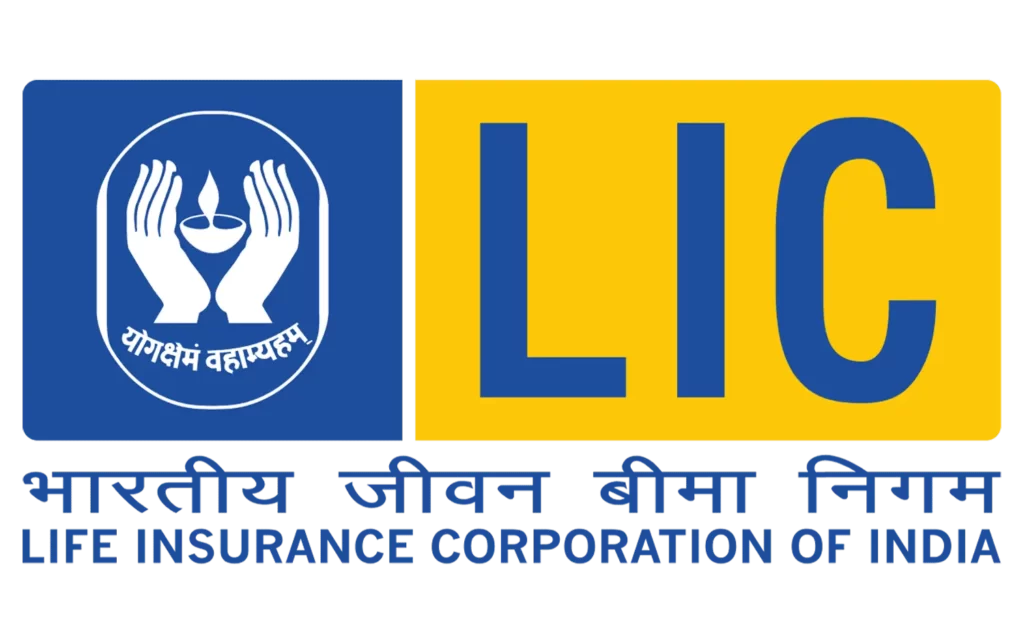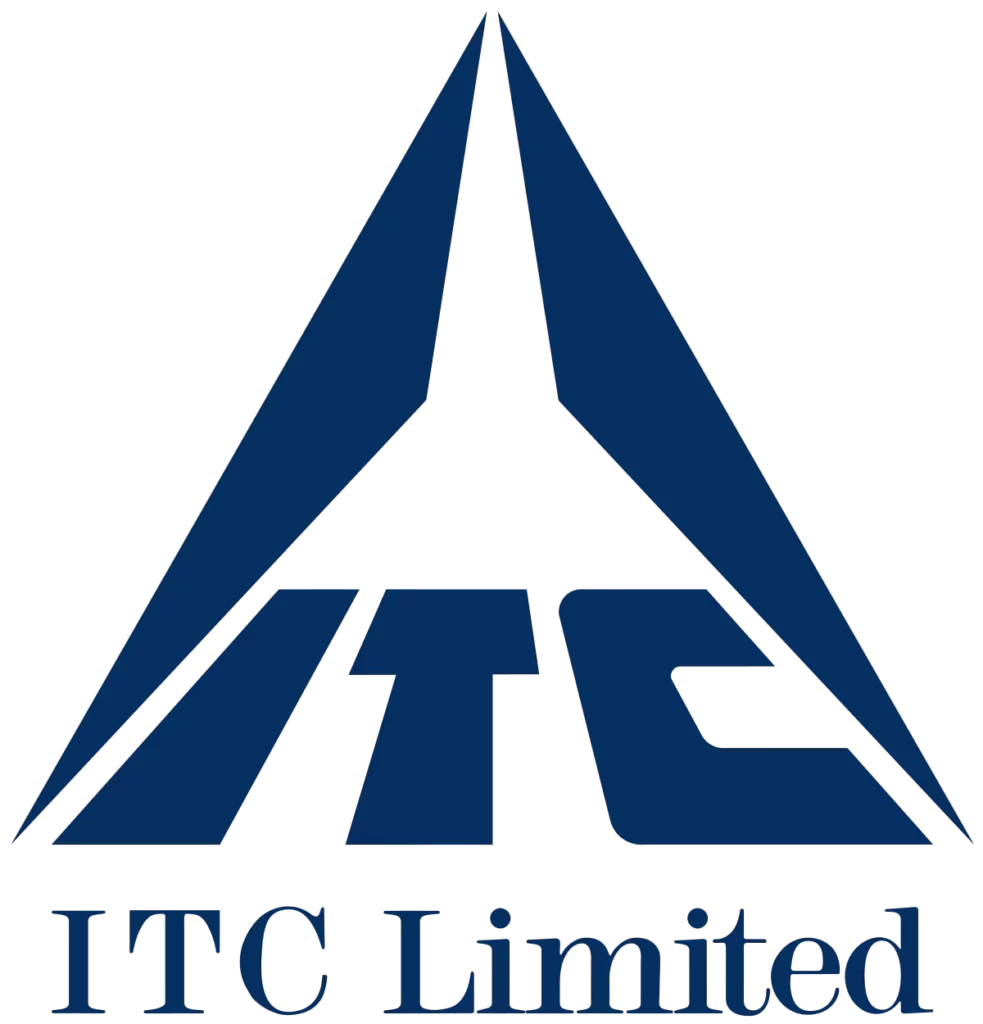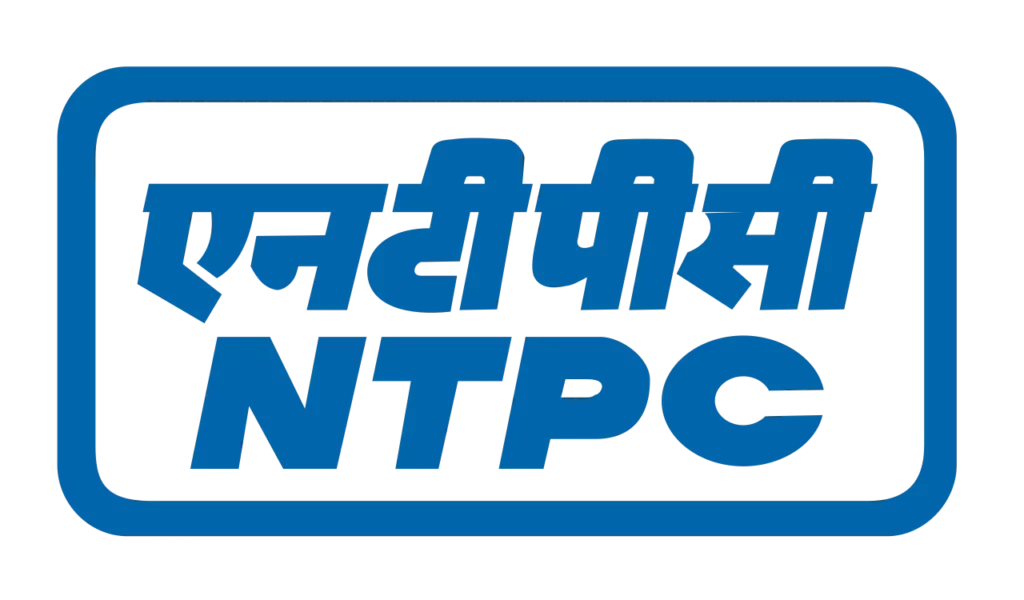India is home to some of the world’s largest and most successful companies, many of which contribute significantly to the country’s economy through their tax payments.
In this blog post, we’ll take a look at the top 10 highest tax paying companies in India, based on their total tax contributions for the most recent fiscal year.
From tech giants to oil and gas conglomerates, these companies have made a significant impact on India’s economic growth and development.
Here are some of the most common types of taxes that companies in India are required to pay:
1. Corporate Income Tax: This is a tax on the income earned by a company during a financial year. The current corporate tax rate in India is 25% for companies with a turnover of up to INR 400 crore and 30% for companies with a turnover above INR 400 crore.
2. Goods and Services Tax (GST): This is a value-added tax levied on the supply of goods and services in India. GST replaced several indirect taxes such as excise duty, service tax, and VAT. The GST rates vary depending on the type of goods or services supplied.
3. Employee Provident Fund (EPF): This is a mandatory contribution made by employers towards the retirement savings of their employees. The current EPF contribution rate is 12% of an employee’s basic salary plus dearness allowance.
4. Professional Tax: This is a state-level tax levied on individuals who earn an income through their profession or employment. The professional tax rates vary from state to state.
5. Dividend Distribution Tax (DDT): This is a tax levied on the dividends paid by companies to their shareholders. The current DDT rate is 15%.
6. Minimum Alternate Tax (MAT): This is a tax levied on companies that have zero or low taxable income due to various exemptions and deductions claimed under the Income Tax Act. The current MAT rate is 18.5%.
7. Custom duty: This is a tax levied on goods imported into India from other countries. Companies that import goods into India are required to pay customs duty based on the value of the goods and the country of origin.
8. Excise duty:- The tax is levied on the production or manufacture of goods in India. Companies that produce or manufacture goods in India are required to pay excise duty based on the type and quantity of goods produced.
9. TDS (Tax Deducted at Source): This is a tax deducted by the payer while making certain payments such as salaries, rent, and professional fees. Companies that make such payments are required to deduct TDS at the applicable rates and deposit it with the government.
Top 10 Highest Tax Paying Companies In India
This is a list of the top 10 highest tax paying companies in India, along with their respective tax-paid figures in crores (1 crore = 10 million).
1. Tata Consultancy Services (TCS) – ₹11,536 crores

The very first on our list is TCS. The company is one of the highest tax paying companies in India. It is a multinational IT services and consulting company that provides a range of services including software development, business process outsourcing, and IT infrastructure management. It is the largest IT services company in India and one of the largest in the world.
2. Tata Steel – ₹11,079 crores

Next added to the list of the highest tax paying companies in India is Tata Steel. It is a multinational steel-making company that produces a wide range of steel products for various industries such as construction, automotive, and packaging. It is one of the largest steel producers in India and the world.
3. JSW Steel – ₹8,013 crores

JSW Steel is an Indian steel-making company that produces a range of steel products including hot-rolled coils, cold-rolled coils, galvanized products, and more. It is one of the fastest-growing steel companies in India.
4. Life Insurance Corporation of India (LIC) – ₹7,902 crores

LIC is a state-owned insurance company that provides life insurance and investment products to individuals and groups. It is the largest insurance company in India by market share.
5. Reliance Industries – ₹7,702 crores

Reliance Industries is a conglomerate that operates in various industries such as petrochemicals, refining, oil and gas exploration, retail, and telecommunications. It is one of the largest private sector companies in India.
6. Indian Oil Corporation – ₹7,549 crores

Indian Oil Corporation is a state-owned oil and gas company that operates in various segments such as refining, marketing, pipeline transportation, and more. It is the largest oil refining and marketing company in India.
7. Infosys – ₹7,260 crores

Infosys is a multinational IT services and consulting company that provides a range of services including software development, business process outsourcing, and IT infrastructure management. It is one of the largest IT services companies in India.
8. ITC – ₹4,771 crores

ITC is a conglomerate that operates in various industries such as cigarettes, FMCG, hotels, paperboards, and more. It is one of the largest FMCG companies in India.
9. Hindustan Zinc – ₹4,471 crores

Hindustan Zinc is an Indian mining company that produces zinc, lead, and silver. It is one of the largest zinc producers in the world.
10. NTPC – ₹4,336 crores

NTPC is a state-owned power generation company that operates coal-based, gas-based, hydro-based, and renewable energy power plants. It is the largest power generation company in India.
FAQs Related Tax Paying for Companies in India
What is the corporate tax rate in India?
The corporate tax rate in India is 25% for companies with a turnover of up to Rs. 400 crore. For companies with a turnover above Rs. 400 crore, the tax rate is 30%.
What is the due date for filing income tax returns for companies in India?
The due date for filing income tax returns for companies in India is usually September 30th of the assessment year (i.e., the year following the financial year for which the return is being filed). However, this deadline may be extended by the government in certain cases.
What documents are required for filing income tax returns for companies in India?
Some of the key documents required for filing income tax returns for companies in India include audited financial statements, balance sheets, profit and loss statements, and details of any deductions or exemptions claimed.
Can companies file their income tax returns online?
Yes, companies can file their income tax returns online through the Income Tax Department’s e-filing portal.
What happens if a company misses the deadline for filing its income tax return?
If a company misses the deadline for filing its income tax return, it may still be able to file a belated return within a certain period (usually up to March 31st of the assessment year). However, it may be subject to penalties and interest charges for late filing.
Can companies in India claim deductions for charitable donations?
Yes, companies in India can claim deductions for charitable donations made to eligible organizations under Section 80G of the Income Tax Act.
The deduction amount varies depending on the type of organization and the nature of the donation. For example, donations to certain government funds and institutions may be eligible for a 100% deduction, while donations to other organizations may be eligible for a 50% or 25% deduction.
It’s important to note that companies must obtain a receipt or certificate from the organization they donate to in order to claim the deduction. Additionally, there are certain limits on the amount of deduction that can be claimed in a given financial year, which vary depending on the type of organization and the nature of the donation.
Is it mandatory for companies in India to obtain a tax audit?
Yes, it is mandatory for certain companies in India to obtain a tax audit under the Income Tax Act. Companies that meet any of the following criteria are required to obtain a tax audit:
1. Companies with a turnover of more than Rs. 1 crore in the previous financial year.
2. Companies engaged in business and have a turnover of more than Rs. 50 lakhs but do not maintain proper books of accounts.
3. Companies engaged in the profession and have gross receipts of more than Rs. 50 lakhs in the previous financial year.
4. Companies that have losses and wish to carry forward those losses to future years.
A tax audit must be conducted by a qualified chartered accountant who will examine the company’s books of accounts, financial statements, and other relevant documents to ensure that they comply with the provisions of the Income Tax Act. The auditor will then issue an audit report, which must be submitted along with the company’s income tax return.
How can a company make tax payments in India?
1. Online payment: Companies can make tax payments online through the Income Tax Department’s e-filing portal using net banking, debit card, or credit card.
2. Physical payment: Companies can also make tax payments by visiting designated banks and submitting a physical challan (a form used for depositing taxes) along with the payment.
3. Electronic clearance service (ECS): Companies can set up an ECS mandate with their bank to automatically debit their account for tax payments on a specified date.
4. National Automated Clearing House (NACH): Companies can also use the NACH system to make tax payments electronically through their bank.
It’s important to note that companies must ensure that they pay their taxes on time and in full to avoid penalties and interest charges.
Additionally, companies must keep proper records of their tax payments and obtain receipts or certificates as proof of payment.
How would you rate this conversation?
Conclusion
In conclusion, the top 10 highest tax-paying companies in India have made a significant contribution to the country’s economic growth and development through their tax payments. These companies have not only demonstrated their financial strength but also their commitment to corporate social responsibility by paying their fair share of taxes.
As India continues to grow and develop, it’s important for companies to recognize their role in contributing to the country’s progress and to continue to prioritize responsible business practices. We hope this list has provided valuable insights into the contributions of these top tax-paying companies in India. How would you rate this conversation?